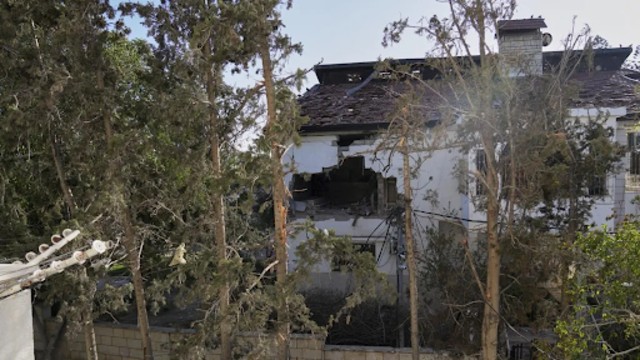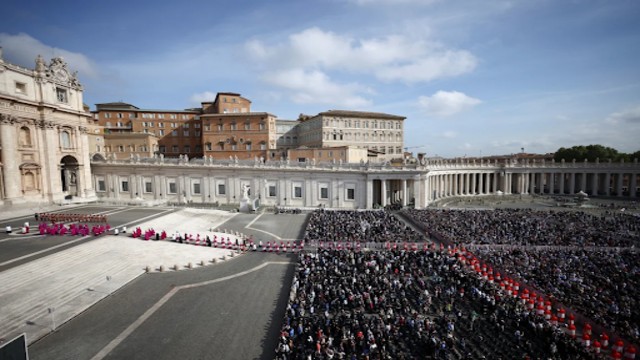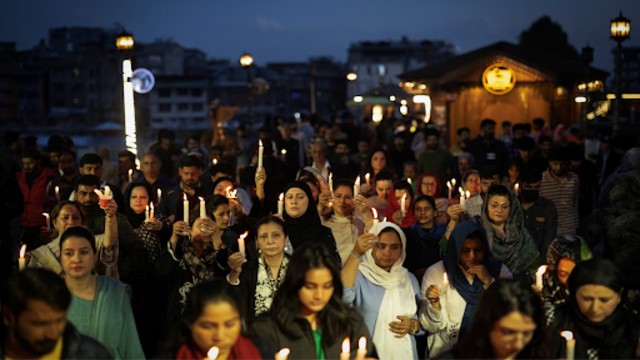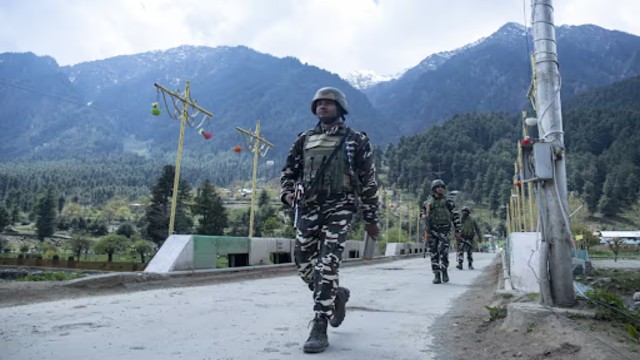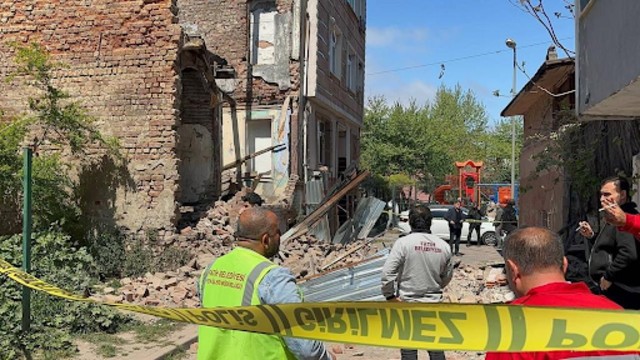
Israel Launches Strikes on Iran: The Israeli military targets Iranian military sites in a series of retaliatory attacks. File Photo
On Saturday, Israel conducted strikes on Iranian military bases, according to the Israeli military. This attack followed a significant missile assault from Iran on October 1, where around 200 ballistic missiles were fired at Israel. This marks the second direct attack from Iran in just six months, escalating tensions in the region.
The conflict deepened after Israel eliminated senior leaders of Hezbollah, a group allied with Iran in Lebanon. In retaliation, Iran claimed to have targeted Israeli military sites. Hezbollah fighters joined the fray, supporting Hamas, the militant group from Gaza that had launched its own assault on Israel earlier on October 7.
The Israel Defense Forces (IDF) announced that their airstrikes were aimed at Iranian military installations in direct response to ongoing threats from Iran and its affiliated groups. These included missile attacks originating from Iranian territory. Although the initial reports did not clarify the full scope of the airstrikes, an Israeli broadcaster indicated that numerous fighter jets had been deployed to hit military facilities.
Notably, officials confirmed that the attacks did not include energy or nuclear facilities, which have been a point of concern for the U.S. government. President Joe Biden has reiterated that while the U.S. stands with Israel, it does not support assaults on Iran's nuclear sites. He also advised Israel against targeting Iranian oil fields, indicating a desire to avoid further escalation in the already tense situation.
Image: Reuters
In Iran, state media, including the Fars news agency, reported explosions in military bases near Tehran. However, Iranian officials downplayed the effects of the strikes, asserting that life in the capital remained normal. The Tasnim News Agency stated that the bases belonging to the Islamic Revolutionary Guard Corps were undamaged, and Iranian state television even showed footage of passengers arriving at Tehran's main airport.
In addition to the strikes on Iranian targets, Israel also conducted airstrikes on military locations in central and southern Syria. Syrian air defences managed to intercept some missiles that were launched from the Israeli-occupied Golan Heights and Lebanon, although Israel has not confirmed these operations.
Israeli Prime Minister Benjamin Netanyahu and Defense Minister Yoav Gallant were actively monitoring the military actions from Israel's command center. The U.S. was informed of the strikes beforehand but did not participate. A spokesperson for the White House National Security Council stated that the strikes were necessary acts of self-defence following Iran's missile attack.
U.S. Secretary of State Antony Blinken expressed concerns about the potential for escalation in the conflict, while Defense Minister Gallant warned that any further attacks on Israel would have serious consequences.







